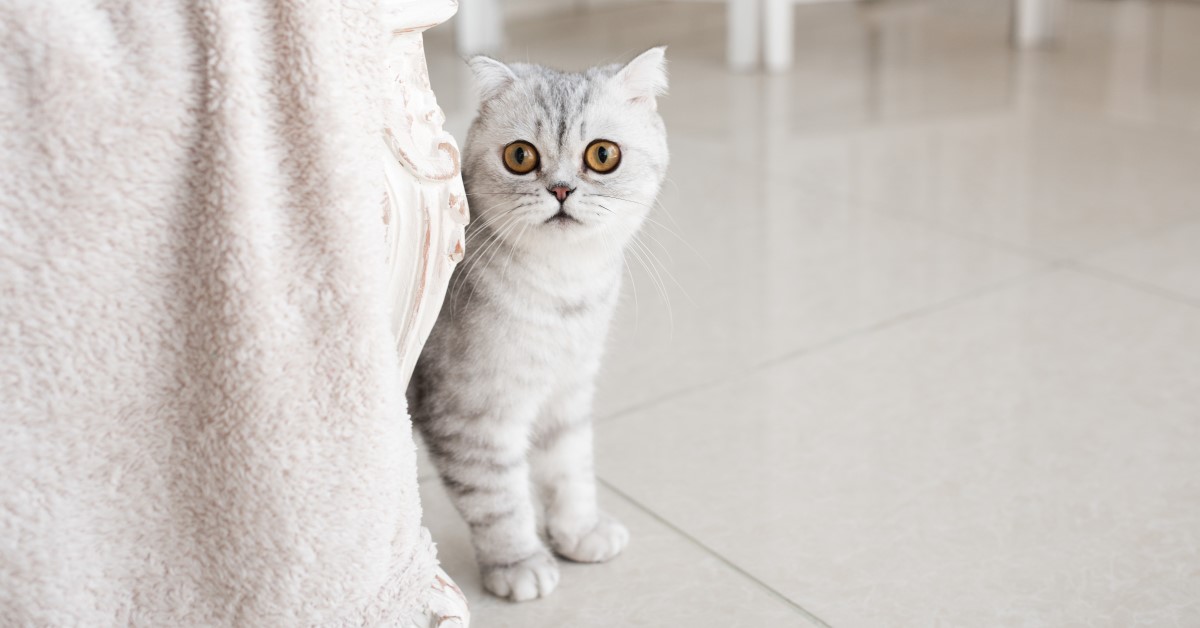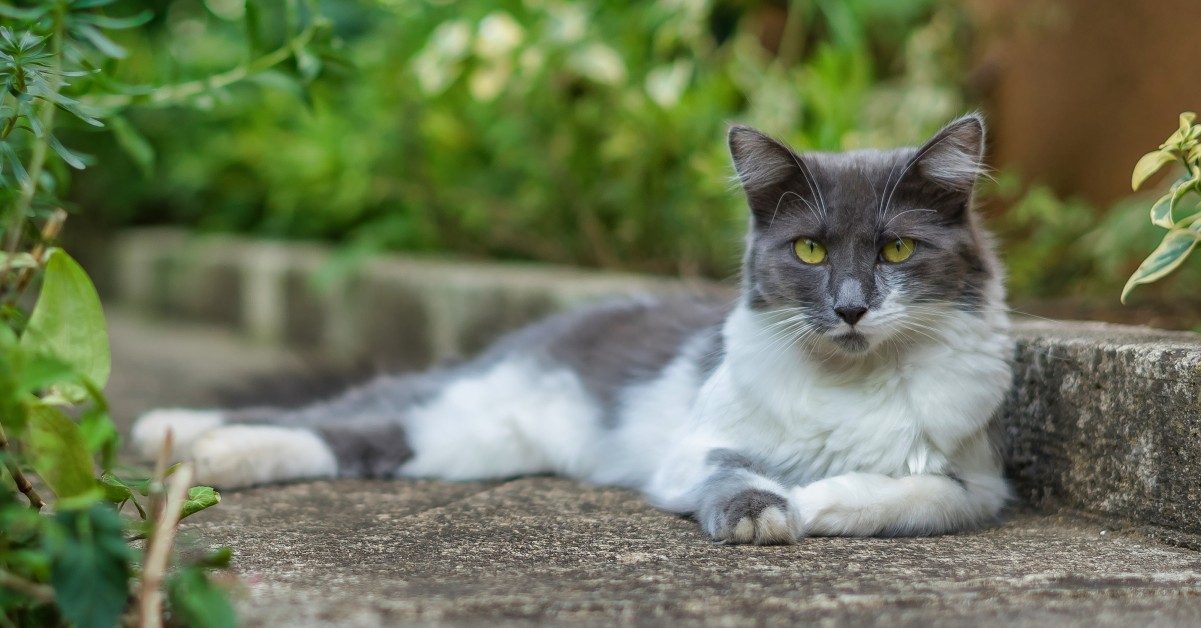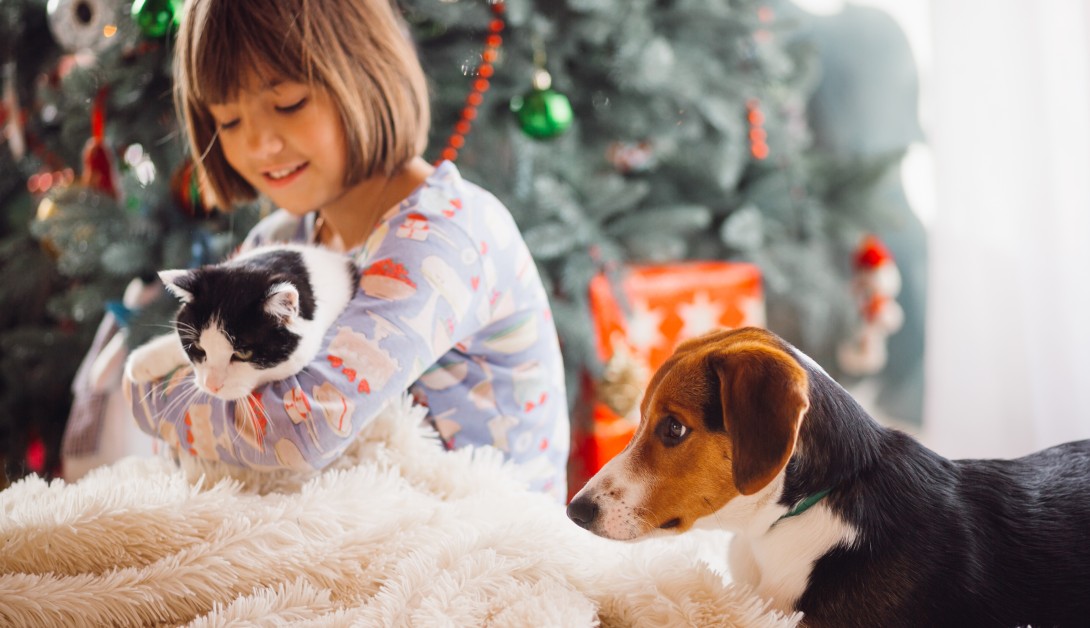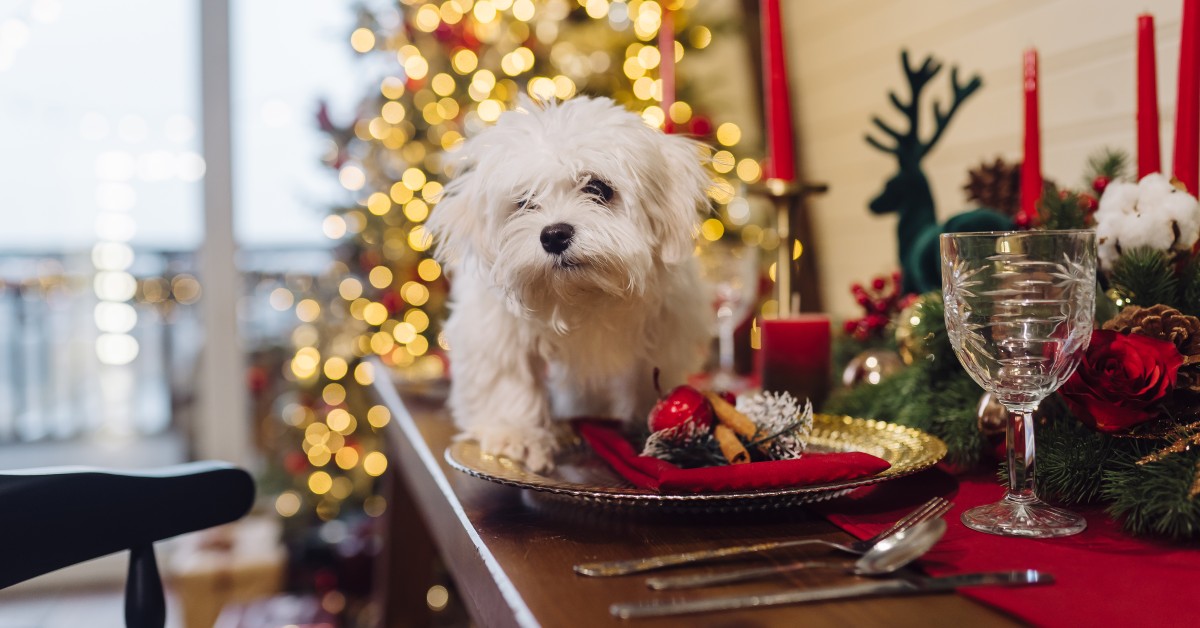Helping a Kitten with Diarrhea
If your kitten has diarrhea, it’s important to act fast to ensure that your pet gets the appropriate medical attention.

Discovering that your kitten has diarrhea can be a frustrating experience. You may not know how to help or whether it’s necessary to seek medical intervention. Like other pets, kittens can develop gastrointestinal upset on occasion. While the periodic loose stool is usually nothing to worry about, frequent or abnormal diarrhea could be an indication of a more serious problem.
What Causes Diarrhea in Kittens?
If you find that your kitten has diarrhea, don’t panic. There are many factors that can contribute to loose stools, most of which are not dangerous to your pet’s health. Dietary causes are the most common contributors to diarrhea in kittens. Some of these causes may include:
- Cow’s Milk – Cow’s milk is one of the most common things given to kittens that causes diarrhea. Instead of giving milk, use a kitten milk replacer mixed with kitten food after weaning, or around 4 to 6 weeks. Once your kitten is 6 weeks old, she can be fed canned or dry kitten food.
- New Diet – Suddenly switching your kitten’s diet can cause diarrhea. If you need to switch, do so gradually over several days.
- Food Allergies – Some kittens will develop food allergies to certain foods or ingredients that cause diarrhea. Your vet can help identify the allergy.
While food-related causes are most common, kittens can also develop diarrhea for other reasons, such as internal parasites, environmental stress, or infections.
Other Kitten Diarrhea Symptoms to Watch Out for
First, you should know that it is normal for kittens to have softer stools than older cats. A kitten’s stools are not yet as hard or dry as an adult cat’s. However, if your kitten’s poop continues to be liquidy, mushy, or shapeless, then she’s likely experiencing diarrhea.
The color of a kitten’s stools can also change based on her diet. If the stools range in color from light brown to dark brown, this is normal. However, poop that appears red, green, or black could indicate an underlying problem. Blood in your kitten’s stool is also concerning and you should contact your vet.
How to Treat Your Kitten’s Diarrhea at Home
You don’t need to rush your kitten to the vet after just one mild bout of diarrhea. However, there are things you can do to help your pet recover. First, provide your kitten with a quiet and comfortable place to rest. Consider gating off one room in your home and provide a litter box to help avoid accidents.
Keeping your cat hydrated is important while she is having diarrhea. During this time, give your cat rice water to help improve digestion and alleviate gas and bloating. Rice water can also give your kitten the carbohydrates she needs to maintain energy. Other things that your vet may suggest to help with diarrhea are probiotics and extra fiber.
Should You Bring Your Kitten to the Vet?
Most mild cases of diarrhea in kittens will resolve on their own in just a few hours or days. However, if you notice abnormal symptoms developing, you’ll want to contact your vet as soon as possible. Kitten diarrhea could be a sign of a more serious condition, especially when paired with one or more of the following symptoms:
- Vomiting
- Loss of appetite
- Sluggishness
- Poop with white streaks or flecks
- Poop that is black, red, or green
- Blood in stool
- Changes in behavior
Avoiding Diarrhea in Kittens
While it is not always possible to prevent diarrhea in pets, there are things you can do to help diminish your kitten’s risk of gastrointestinal upset. First, provide your pet with a consistent and nutritious diet. Keep your kitten in a clean environment free of harmful substances that your pet could get into.
If you haven’t already, bring your new kitten to your vet for a checkup within two to three days of bringing her home. Your vet will perform a full examination and de-worming to help prevent common non-dietary digestive issues. Ideally, kittens should have a minimum of two to three deworming treatments to safely rid them of intestinal worms like roundworms, tapeworms, and hookworms.
How Your Vet Can Help Your Kitten
If symptoms worsen and you decide to bring your kitten to the vet for diagnosis and treatment, your vet will likely take a detailed medical history and perform a physical examination. In some cases, he or she may take samples for laboratory testing.
If the cause of the diarrhea is thought to be diet-related, your vet may advise you to withhold food for a short amount of time to allow the gut to recover. Alternatively, your vet may prescribe a specifically formulated diet that will help feed the good bacteria in your cat’s intestine with antioxidants.
If diarrhea persists, your vet may prescribe other treatments, such as dewormers, anti-diarrheal agents, and/or probiotics. As the effectiveness and quality of these products are not always known, always consult with your vet before offering any of these medications to your kitten.
With treatment, your kitten’s stools should gradually return to normal over several days. Once back to normal, you can return your kitten to her regular diet unless otherwise instructed by your vet. If your kitten does not improve within a few days, contact your vet for further testing or more aggressive treatment. Prolonged or severe diarrhea can result in significant dehydration and possible metabolic disturbances due to fluid loss. In severe cases, your kitten could require hospitalization for intravenous (IV) fluid therapy.
Ready to start saving money on pet wellness care?
Then take a look at Mint Wellness, the pet wellness plan that provides fast reimbursement on routine pet care. Save on vaccinations, wellness exams, preventatives, dental, and more!
Learn More


